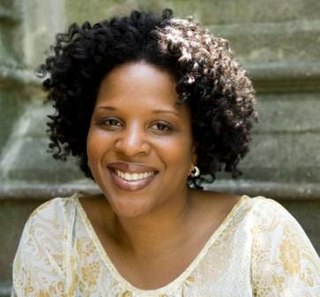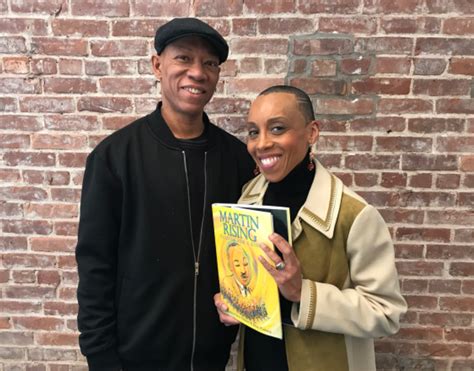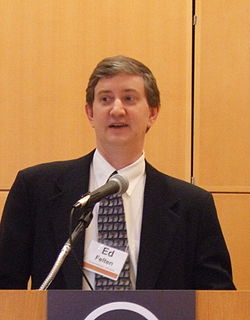A Quote by Tayari Jones
When it comes to memoir, we want to catch the author in a lie. When we read fiction, we want to catch the author telling the truth.
Related Quotes
In terms of style, I think the memoirist should have a novelist's skill and all the elements of a novelist's toolbox. When I read a memoir, I want to really, deeply experience what the author experienced. I want to see the characters and hear the way they speak and understand how they think. And so in that way, writing a memoir feels similar to writing a novel.
And I know that this is prophetic: that God is going to send this mighty wave - I want everyone here to prophecy with me in Lakeland - that this mighty wave is going all the way out to California, Highway 40, coast to coast aaaaah! and we want to release that mighty Holy Ghost in. Send it all over the world. The wave is moving. The wave is moving the wave is. Come on! Catch the wave. Catch the wave in Canada. Catch it in Canada. Catch it in Australia. Catch it in England. Catch it in Asia. Catch it in Europe. Catch it all over the world.
In a New York Post interview, Judy Blume, author of young-adult fiction, gave this advice on getting your kids to read: "Moms come up to me at book signings and describe how they're telling their daughters, 'These were my favorite books,'?" she says. "I say, 'Quit it! That's the biggest turnoff!'"You want to get them to read them, leave them around the house and every so often, say, 'You're not ready to read this yet.'
When I read a novel that I really like, I feel as if I am in direct, personal communication with the author. I feel as if the author and I are on the same wavelength mentally, that we have a lot in common with each other, and that we could have an interesting conversation, or even a friendship, if the circumstances permitted it. When the novel comes to an end, I feel a certain letdown, a loss of contact. It is natural to want to recapture that feeling by reading other works by the same author, or by corresponding with him/her directly.
What you and I need to do is learn to forget our differences. When we come together, we don't come together as Baptists or Methodists. You don't catch hell 'cause you're a Baptist, and you don't catch hell 'cause you're a Methodist... You don't catch hell because you're a Democrat or a Republican. You don't catch hell because you're a Mason or an Elk. And you sure don't catch hell 'cause you're an American; 'cause if you was an American, you wouldn't catch no hell. You catch hell 'cause you're a Black man. You catch hell, all of us catch hell, for the same reason.
Regarding fiction, our concern shouldn't be the author's origin (and of course I am forgetting the sales people right here), because that is actually merely a simplified, almost insulting judgment of the book by its cover - or rather by the name and origin of its author - an act of discrimination if we want to say it in a more provoking way, but at the least an act of ignorance and false empathy.



































